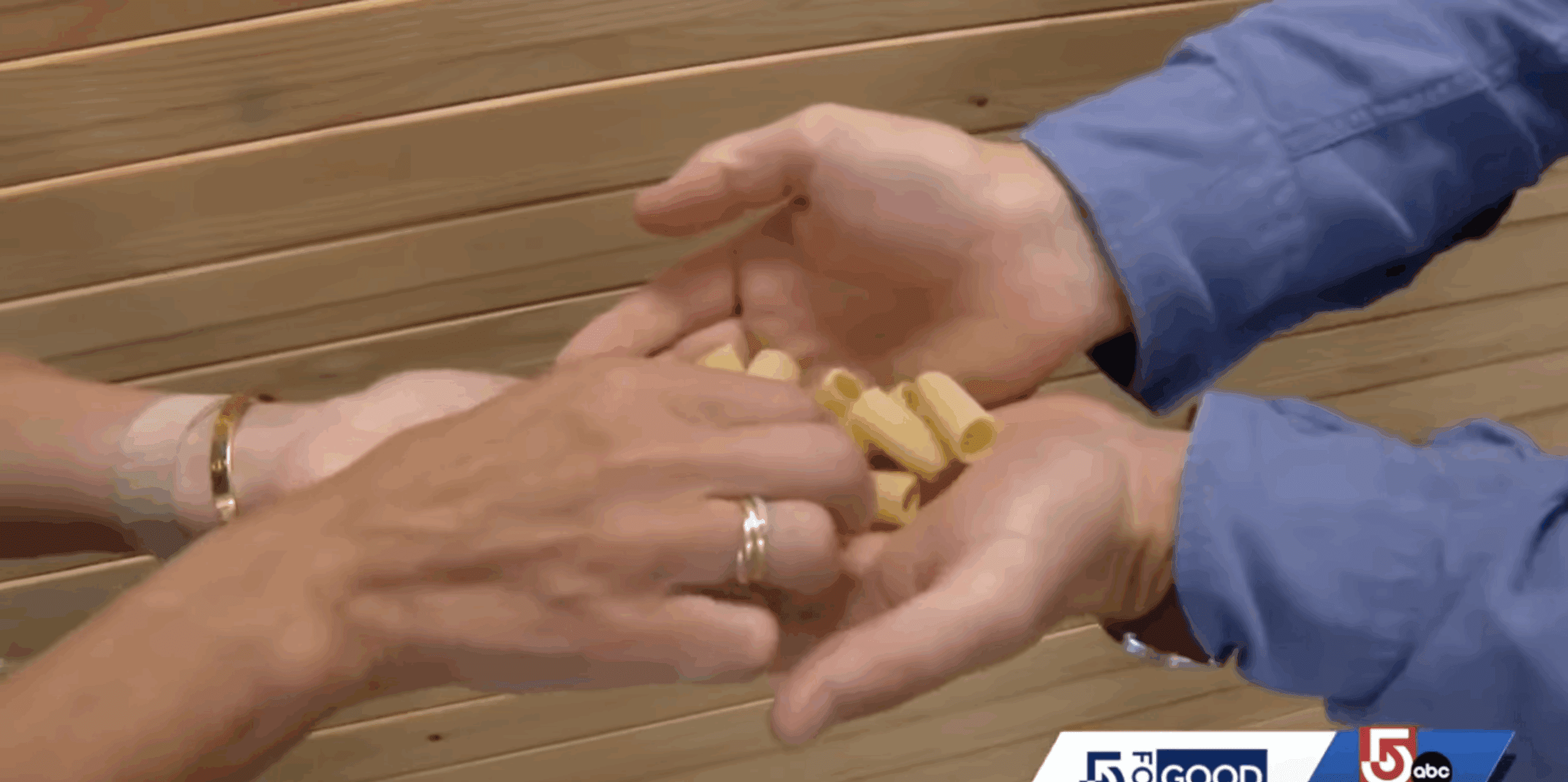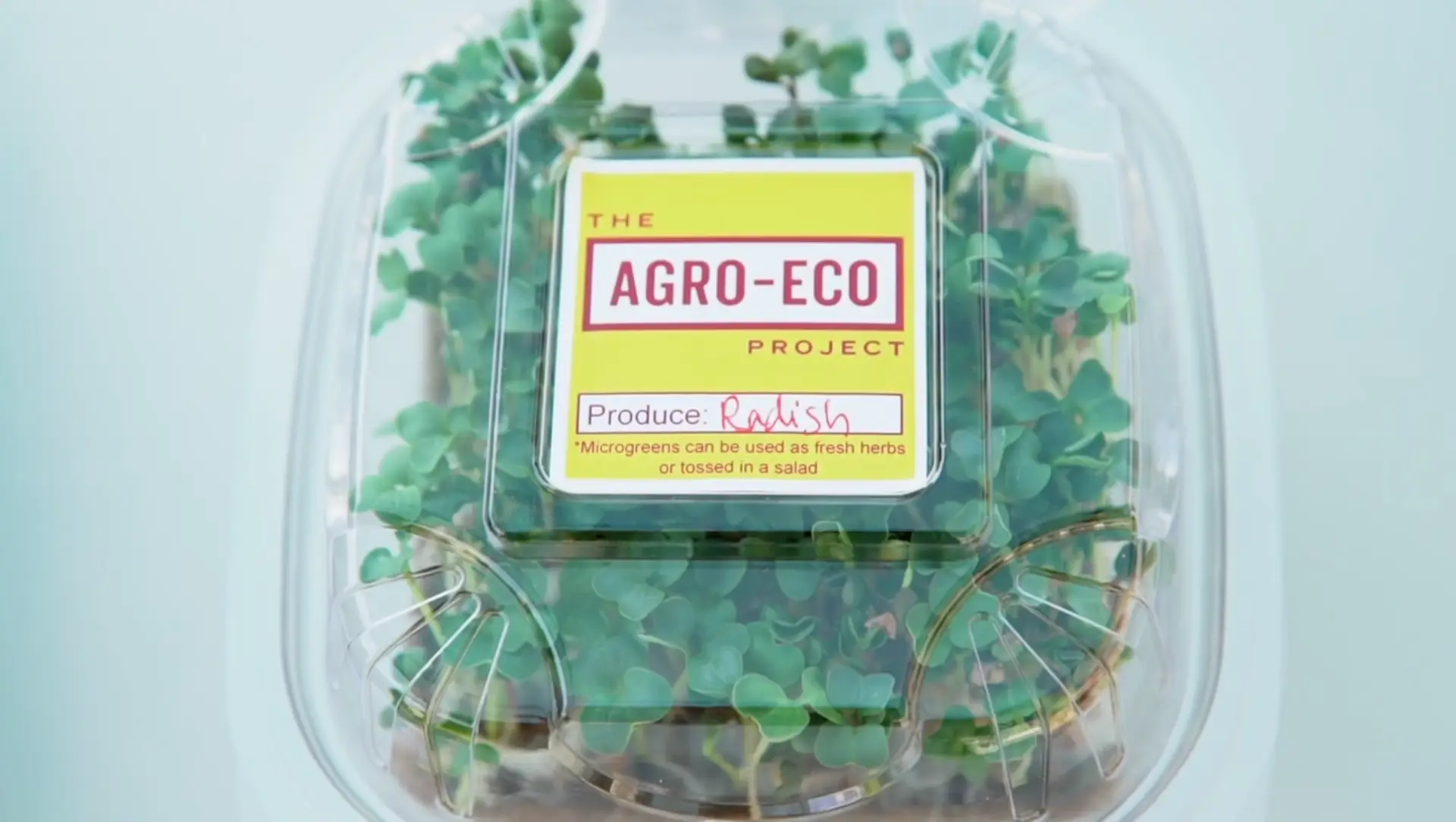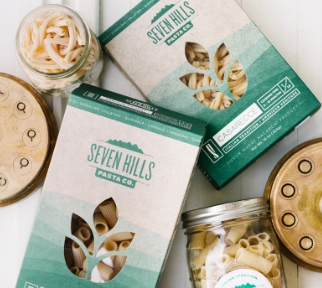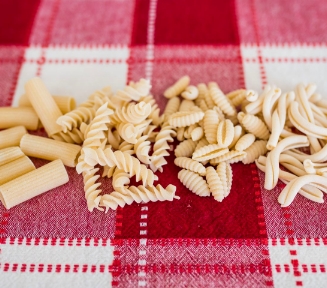This row of produce where I am standing features carefully placed beets, turnips and salad greens. To one side, a 100-square-foot greenhouse full of melons, sweet potatoes, tomatoes, peppers and okra. To the other, a line of two types of cabbages flanked by basil and cauliflower.
A few steps beyond both permanent raised beds sit Asian pear trees brimming with soon-to-be-pickable fruit.
All of this fresh, sustainably grown produce could net some solid profits at wholesale or retail farmers markets across central Massachusetts, but that’s not the point of this Rutland farm. Welcome to the Agro-Eco Project, a commercial-turned-nonprofit venture off a narrow, tree-lined road.
Take a spin around your local grocery store’s produce section and you won’t find the variety like you do here. The purpose of this land is twofold: It sets a local precedent for high-quality produce farming and the surrounding community directly benefits from its nutritious results.
“What we do here is good for the body and good for the soul,” says farm manager Katie Greger. “What we do here is good for everybody.”
Recent Posts

Seven Hills Pasta donates 10,000 pounds to fight food insecurity

Pasta with a purpose: How a pasta shop and local farm are fighting food insecurity in Massachusetts

Seven Hills Pasta Co. makes dried pasta even an Italian grandmother would approve of

Edible Food Finds: Seven Hills Pasta Co.

